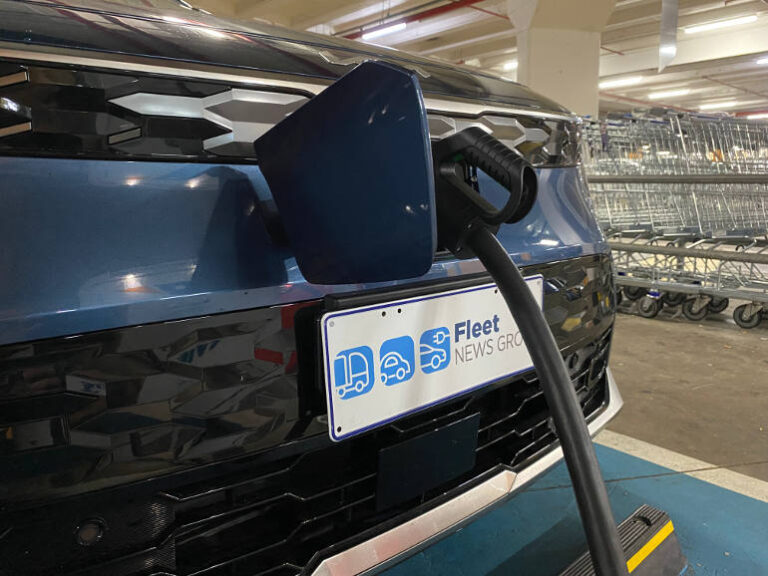Electric vehicles (EVs) have come a long way since their early days. What once seemed like a distant future technology is now at the forefront of the automotive industry, transforming how we think about transportation. For fleet managers, understanding the significant improvements in EV technology over the years is crucial to making informed decisions about transitioning to an electric fleet. As we move through 2024, it’s time to reconsider any reservations about EVs and approach the transition with a fresh perspective.
Technological Advancements: A Game Changer
In the past, electric vehicles were often criticised for their limited range, long charging times, and high costs. However, the landscape has changed dramatically over the last few years. Advances in battery technology, energy efficiency, and vehicle design have addressed many of the early concerns, making EVs a viable option for commercial use.
Battery Technology: One of the most significant improvements in EVs is the advancement of battery technology. Modern EVs boast batteries that offer greater range and faster charging times. In 2024, many commercial EVs can travel over 300 kilometres on a single charge, making them suitable for a wide range of fleet operations, from urban deliveries to longer routes.
Cost Efficiency: While the upfront cost of EVs remains higher than their diesel counterparts, the total cost of ownership has become more favourable. Lower maintenance costs, reduced fuel expenses, and government incentives have all contributed to making EVs a cost-effective option in the long run. Additionally, as the market for EVs expands, the economies of scale are driving prices down, making them more accessible to businesses of all sizes.
Charging Infrastructure: Another area where significant progress has been made is charging infrastructure. The availability of fast chargers has increased, reducing the time required to recharge vehicles. Fleet managers can now implement efficient charging schedules that minimise downtime and keep their vehicles on the road. Furthermore, innovations like shared charging hubs are emerging, offering cost-effective solutions for businesses without the capacity to install their own charging stations.
A 2024 Perspective: Time to Reevaluate
For fleet managers who may have previously dismissed EVs as impractical or too costly, 2024 offers a fresh perspective. The advancements in EV technology have addressed many of the challenges that once deterred businesses from adopting electric fleets. With the growing emphasis on sustainability and the push towards net-zero emissions, transitioning to EVs is not just a trend but a strategic move that can benefit your business.
Adopting EVs in your fleet can enhance your company’s environmental credentials, appeal to eco-conscious customers, and potentially open up new business opportunities. As more companies prioritise sustainability, partnering with businesses that share these values can become a competitive advantage.
Moreover, the improved reliability and range of modern EVs mean that they can now meet the operational needs of most fleets. Whether it’s last-mile delivery, urban logistics, or long-haul transportation, there is likely an electric vehicle that suits your needs.
The evolution of electric vehicles has been nothing short of remarkable. What was once seen as an emerging technology with limitations is now a mature and viable option for fleet operations. As we look to 2025 and beyond, fleet managers should reassess their views on EVs and consider the long-term benefits of making the transition. With the right planning and the latest technology, electric vehicles can power the future of your fleet, delivering both environmental and economic benefits.






